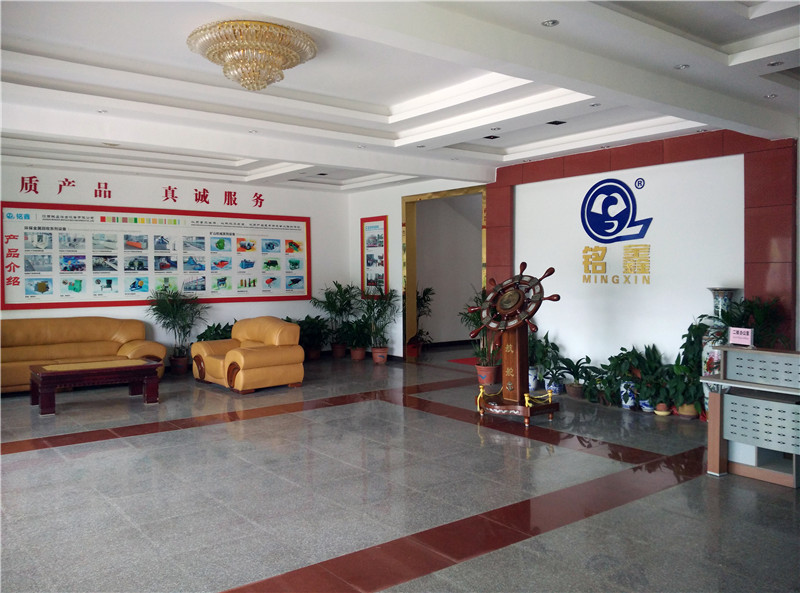With the rapid development of science and technology, the amount of electronic waste (e-waste) is increasing, among which lithium-ion batteries as an indispensable energy component in electronic equipment, its recycling has become an important environmental protection issue. This article will explore the technologies, challenges, and future directions of lithium-ion battery recycling.
I. Lithium-ion battery recycling technology
1. Physical method: Through physical processes such as crushing, screening, magnetic separation and flotation, valuable metal and plastic materials are separated.
2. Chemical method: The use of chemical reagents to dissolve the metal in the battery, and then through precipitation, extraction and other methods to recover.
3. Biological method: The use of microorganisms or enzymes to decompose organic matter in the battery and extract metals.
4. Pyrolysis method: The battery is decomposed at high temperatures to recover metal and energy.
Second, the challenge of lithium-ion battery recycling
1. Cost problem: The recycling process requires higher energy and chemical inputs, and the cost is higher.
2. Technical difficulties: The recycling technology of different types of batteries is not the same, which requires targeted research and development.
3. Environmental risks: Improper handling may lead to leakage of harmful substances and pollution of the environment.
4. Regulatory restrictions: Different countries and regions have different regulations on battery recycling, which increases the complexity of recycling.
Third, the future of lithium-ion battery recycling
1. Technological innovation: With the advancement of science and technology, more efficient and environmentally friendly recycling technologies will be developed.
2. Policy support: The government may introduce more incentives to encourage companies and individuals to participate in battery recycling.
3. Market driven: As raw material prices rise, recycling the metal in batteries will become more economically valuable.
4. Public awareness: Raise public awareness of the importance of e-waste recycling and promote the popularization of recycling behavior.
Lithium-ion battery recycling is a complex but vital process that not only helps reduce environmental pollution, but also supports the recycling of resources. With technological advances and policy support, we have reason to believe that lithium-ion battery recycling will play a greater role in the future.











